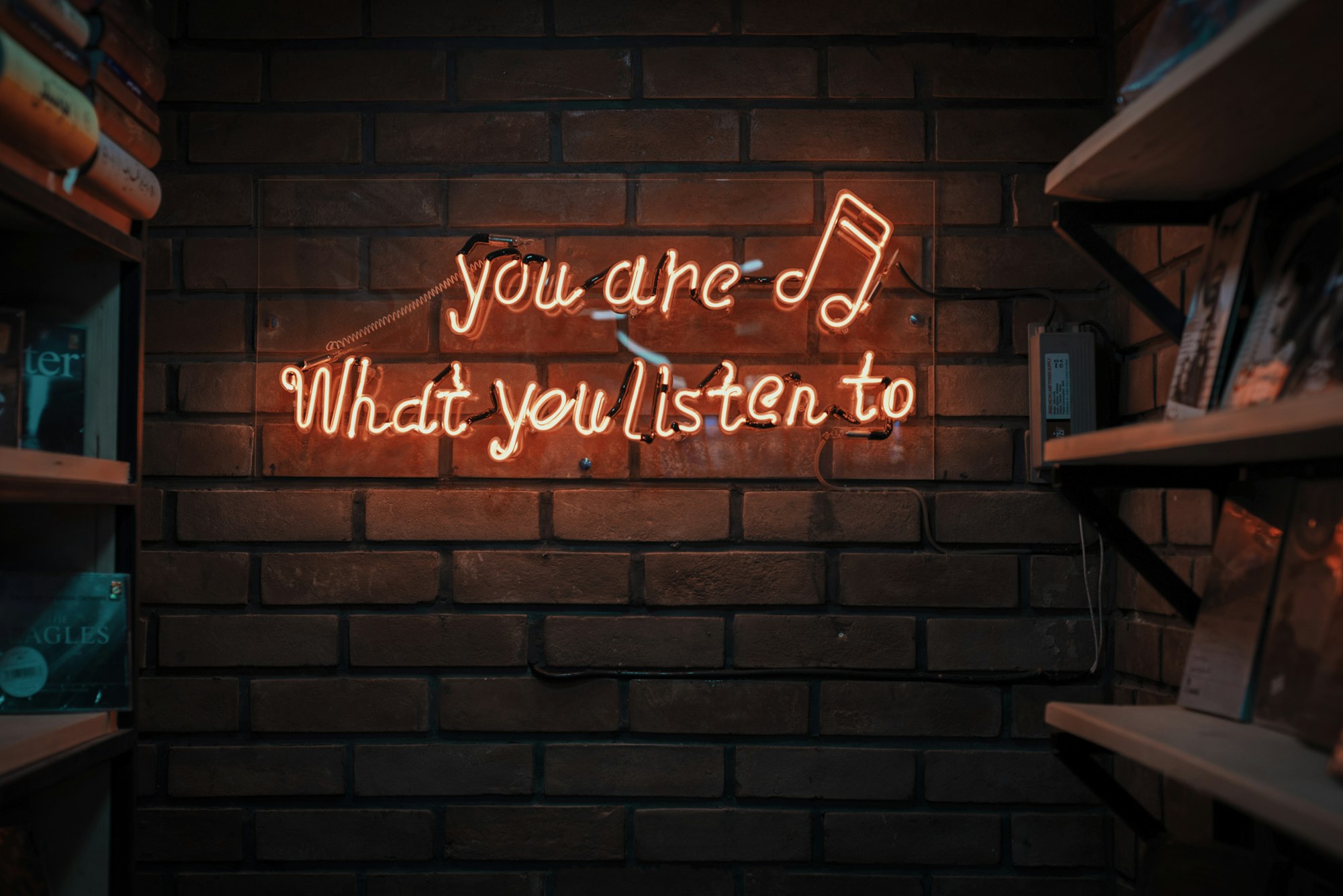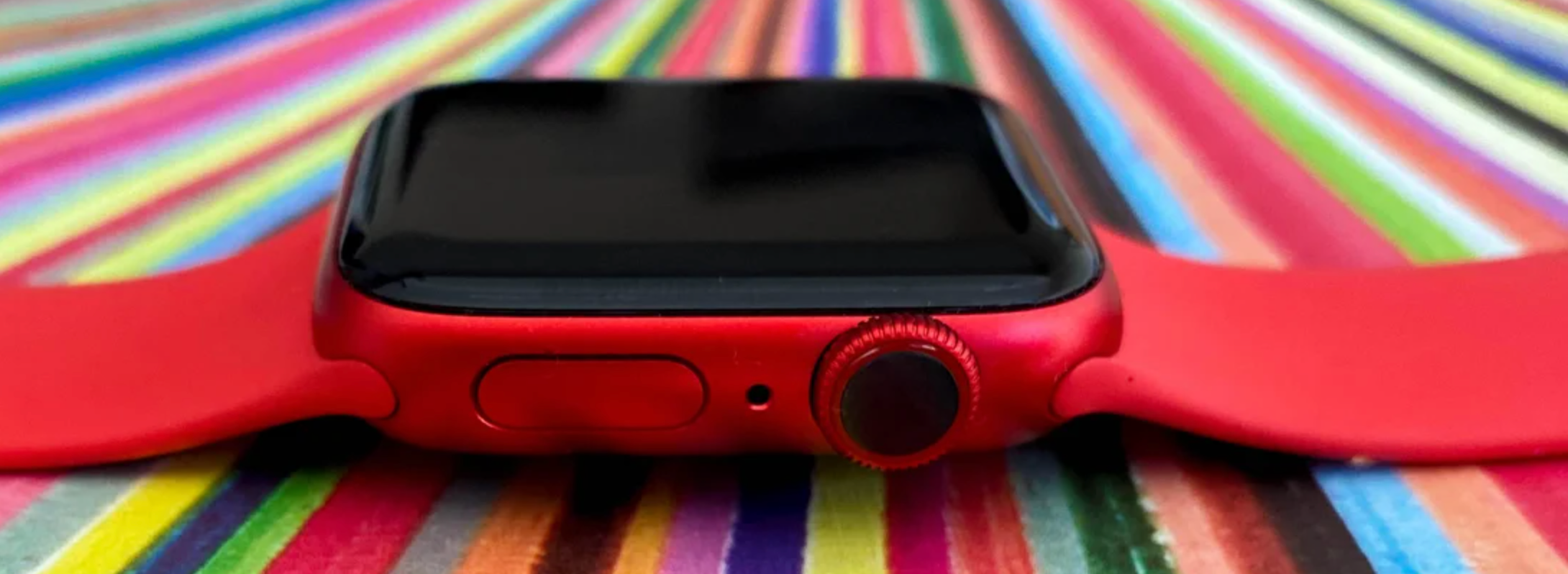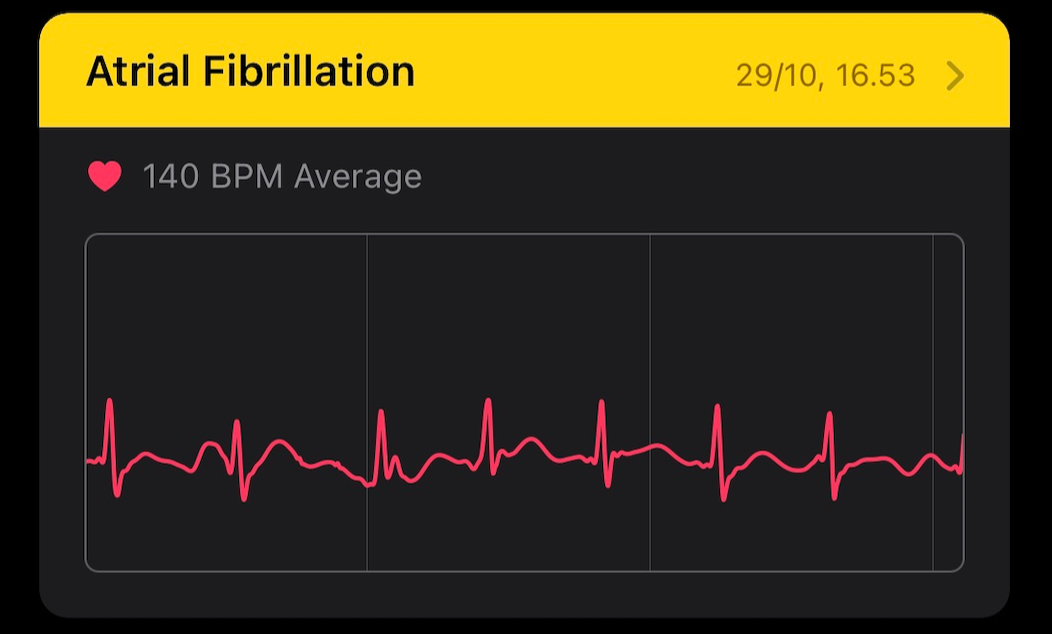More Than a Feeling
This is how I feel when Atrial Fibrillation strikes, and what I'm learning from it.

Many folks are affected by Atrial Fibrillation and don’t feel anything. I’m among the lucky ones that got clear symptoms, and symptoms are important hints that lead to a diagnosis and a treatment plan.
I’d like to start this article by sharing the tool that gave me the first concrete indication of Atrial Fibrillation: the Apple Watch.

I’ve praised it already in my stories, and I feel kinda weird hitting on it, as you may misinterpret and think I’m an Apple sales rep or somehow I'm getting money from them. I don’t. I’m not affiliated with Apple, I’m just a happy customer.
The Apple Watch, version 5 and up, can perform a simple yet accurate ECG and will monitor your heartbeat while you sleep, recording for possible signs of Atrial Fibrillation. You just put it on, and even if you don’t feel anything, it will monitor your heart throughout the day. Plus, there are more cool features that I started to love even if they are secondary to my health-related purposes.

What does AFib feel like?
I’m going to answer this question, but mind that this is only me sharing my personal experience. I’m not a doctor and what I write is not exhaustive indications of Atrial Fibrillation.
I have 2 very different feelings that I classify as:
- A missed heartbeat
- A racing heart crisis
Missed Heartbeats
This sensation builds up around the stern and usually lasts long. I feel a general sense of pressure with occasional de-pressure in the center of my chest.
When I feel my pulse on my wrist or neck, I feel like there is a pause in my heartbeats. But when I track it with the Apple Watch ECG I see double or triple heartbeats one after the other.
When I am in this state, the ECG often comes out inconclusive. When that happens, I will likely enter into a “racing heart crisis” within a few minutes.

Most of the time, this feeling lasts for hours without developing into a crisis. I keep this weight on the chest sensation and go on with my life. It doesn’t affect me in any way more than simple discomfort.
Sometimes, I manage to get rid of it by performing boxed breathing exercises. But it doesn’t always work. Sports also help, I managed to kill it by just standing up, then performing a few squats. But I haven’t yet identified a single silver bullet about it.
Initially, I believed it was stress or anxiety. People around me, especially my mom, insist that I am very stressed by my work. I don’t really feel any kind of stress-related triggers, but who knows? I’m working this angle with a therapist with the goal of assessing my stress level.
So far, according to my Danish cardiologist, stress should be ruled out as a trigger.
Racing Heart Crisis
This is the bad guy in town. And the symptom that can potentially deliver a stroke. I’m always a bit tense - truly scared - when this happens.
It always starts in the ears, I feel the heartbeat pressure in the ears. Sometimes, I also feel it on my fingertips. Only a few seconds after, I feel it in my throat. It’s a sense of tightness at the very base of my neck. I have no trouble breathing though.
When this happens I feel my pulse and realize the heart is beating crazy fast. The beat is much weaker than when I’m in a normal state, but it’s hellish fast.

Speed
At this point, I turn on the ECG on my watch and check the speed. Before starting on beta-blockers, I rated a speed of 160bpm a “good speed”, then anything above it was a “bad crisis”. I often had 170-180. I peaked at 202. Scary.
Now that I’m on medication for 2 weeks the top speed seems to be reduced to 160, which I now consider being a “bad crisis”. It often tops at 140-150 that became the “normal crisis”.
Duration
Those crises last a variable amount of time. I experienced a few seconds and a few hours of constant crisis. Sometimes the speed keeps changing, moving through the entire range 60-160 without any sense, other times it keeps a constant speed throughout the entire episode.
After starting on beta-blockers I noticed a sensible reduction in the duration. Most of the crises last just one or two minutes now, but I still experience 45 minutes crises as well.
I observed some degree of connection between me lying down or being relaxed, and the beginning of a crisis. I also experienced crises right after sex. With or without my partner. But not always. I read that AF patients often lose confidence in having sex due to the crisis, and that really scares me. I’ll let you know because even if it is a very private matter, it is such an important part of everyone’s life.
Is it really necessary to say that I tried everything that came to mind to make them stop? Once I even tried dancing. It didn’t work. A doctor suggested the Valsalva Maneuver maneuver, but it doesn’t seem to have any noticeable effect. If anything, it makes me feel super dizzy.
Life During a Crisis
I experience good and bad crises. Good crises don’t impact much, they are just like an annoying feeling and I can keep going with what I was doing when they started.
Then there are the bad ones. When that hit, I feel dizzy and my breath falls very short. I can’t talk much and feel quite weak. Sometimes, I feel truly cold.
The one time that my heart topped at 202bpm and the Swedish nurse decided it was a good time to send me to the ER, I had big troubles keeping up with her peace and had to ask to slow down her walking. I felt scared and embarrassed as I never had any troubles walking prior to that very day.
Fortunately, bad crises don’t happen so often. Unfortunately, when they kick in they usually stay with me for the longest time. Also, after a bad crisis, when the watch’s ECG tells me that I’m back to sinus rhythm, my heart keeps beating fast. It stays above 100bpm for hours. Again, now that I’m under medication the speed decreased, and after a bad crisis, I stay around 80bpm. It still takes hours to calm down.
Getting a Visual
Thanks to the Apple Watch I have my heartbeat constantly recorded in my iPhone’s Health App. I got to the point that I feel exposed that 20 minutes a day when the watch is charging… Am I going nut?

I keep an eye on the daily chart and feel very happy when I manage to go through 24 full hours without any crisis. Unfortunately, this doesn’t happen so often yet. I sincerely hope to witness improvements as I drop some weight, eat healthier food, train more, and adjust on my meds.
Then I look ad the hourly chart to track the progress with the crisis duration. Last week I was crazy happy as I noticed only a super-short crisis for the entire week. But then last night I got another 45-minute long one. It sucks.
Visualizing a few data points from my device helps me reason a bit around this situation. It doesn't exactly make it easier, just a bit more comprehensible.
Baby steps, I guess.